The Reynolds School of Journalism at the University of Nevada, Reno has introduced a new course that’s taking journalism to new heights – literally. The “Introduction to Drone Filming” class is giving students hands-on experience with unmanned aerial vehicles (UAVs), preparing them for a future where drones play an increasingly important role in storytelling, according to a recent report from Nevada Today.
Drones: The New Tool in a Journalist’s Kit
The summer course, listed as JOUR 400, combines classroom study of Federal Aviation Administration (FAA) regulations with practical flight experience.
Instructor Richard Bednarski emphasized the value of this new skill set: “This course gives our students an edge and another tool they can have in their toolkit, whether they’re using it to cover stories, from breaking news to natural disasters to science stories.”
Bednarski added that drone footage can “really change the scope of a story and bring a different perspective that you might not get from the ground.” This aerial viewpoint could revolutionize how journalists approach various types of reporting, from breaking news to environmental stories.
Learning to Fly Safely and Legally
While the basics of drone operation might seem simple, the course goes beyond just teaching students how to control a UAV.
“What we’re providing for our students is the knowledge to fly safely, legally and follow all the rules and regulations that govern operating the drone or UAV in the United States,” Bednarski explained.
Students faced real-world challenges during their on-campus practice sessions, including varying weather conditions. These experiences helped them develop situational awareness and responsiveness to obstacles like wind or birds – crucial skills for safe drone operation.
Preparing for Professional Part 107 Certification
The course serves as a stepping stone for students interested in pursuing their FAA Part 107 license, which is required for non-recreational drone piloting in the U.S. Bednarski hopes many students will take this next step, noting that having drone skills on their resume could significantly boost their employment opportunities.
Drones in Action: Student Projects
For their final projects, students used their newly acquired drone skills to create multimedia stories on various topics. One student, Elijah Dulay, used drone footage to document the unincorporated community of Primm, Nevada, showcasing abandoned amusement parks and worn-down casinos from a bird’s-eye view.
Another team, Zoe Cruz and Jagg Brian, focused their lenses on downtown Reno and the neighborhoods surrounding the university. Their project not only provided unique visuals of the growing campus but also investigated the impact of development projects on student housing in the area.
Beyond Journalism: Drones in Other Fields
The course is attracting students from various disciplines. Jagg Brian, an Anthropology/Sociology dual major, sees potential applications in Archaeology.
“There’s a lot of interesting things you can use a drone for in that field,” Brian reportedly said. “This class helped me establish a baseline that I’m going to use to get my 107 commercial drone license and having that will open a lot of doors in the future for me.”
DroneXL’s Take
The introduction of drone filming courses in journalism schools represents a significant step forward in preparing future media professionals for an increasingly tech-driven industry. As we’ve seen in recent coverage, drones are becoming indispensable tools for journalists, offering unique perspectives and access to hard-to-reach areas.
This course at the University of Nevada, Reno aligns with the growing trend of drone usage in journalism that we’ve been tracking at DroneXL. From disaster reporting to environmental monitoring, drones are proving their worth in various journalistic applications. By equipping students with these skills early in their careers, universities are ensuring that the next generation of journalists will be well-prepared to leverage this technology responsibly and creatively.
As the Drone Industry continues to evolve, we can expect to see more educational institutions following suit, integrating Drone Technology into their curricula. This not only enhances the quality of journalism but also opens up new career opportunities for graduates in an ever-expanding field.
Photo courtesy of Nevada Today.
Discover more from DroneXL
Subscribe to get the latest posts sent to your email.
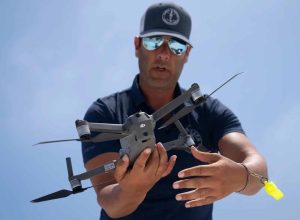

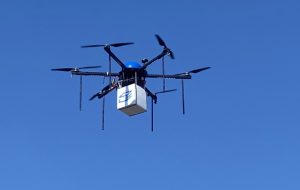

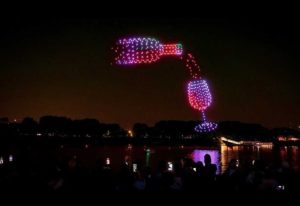
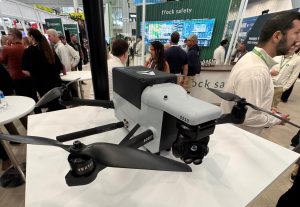

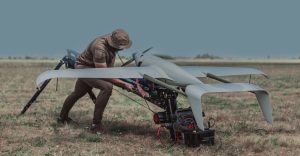
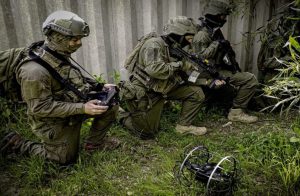
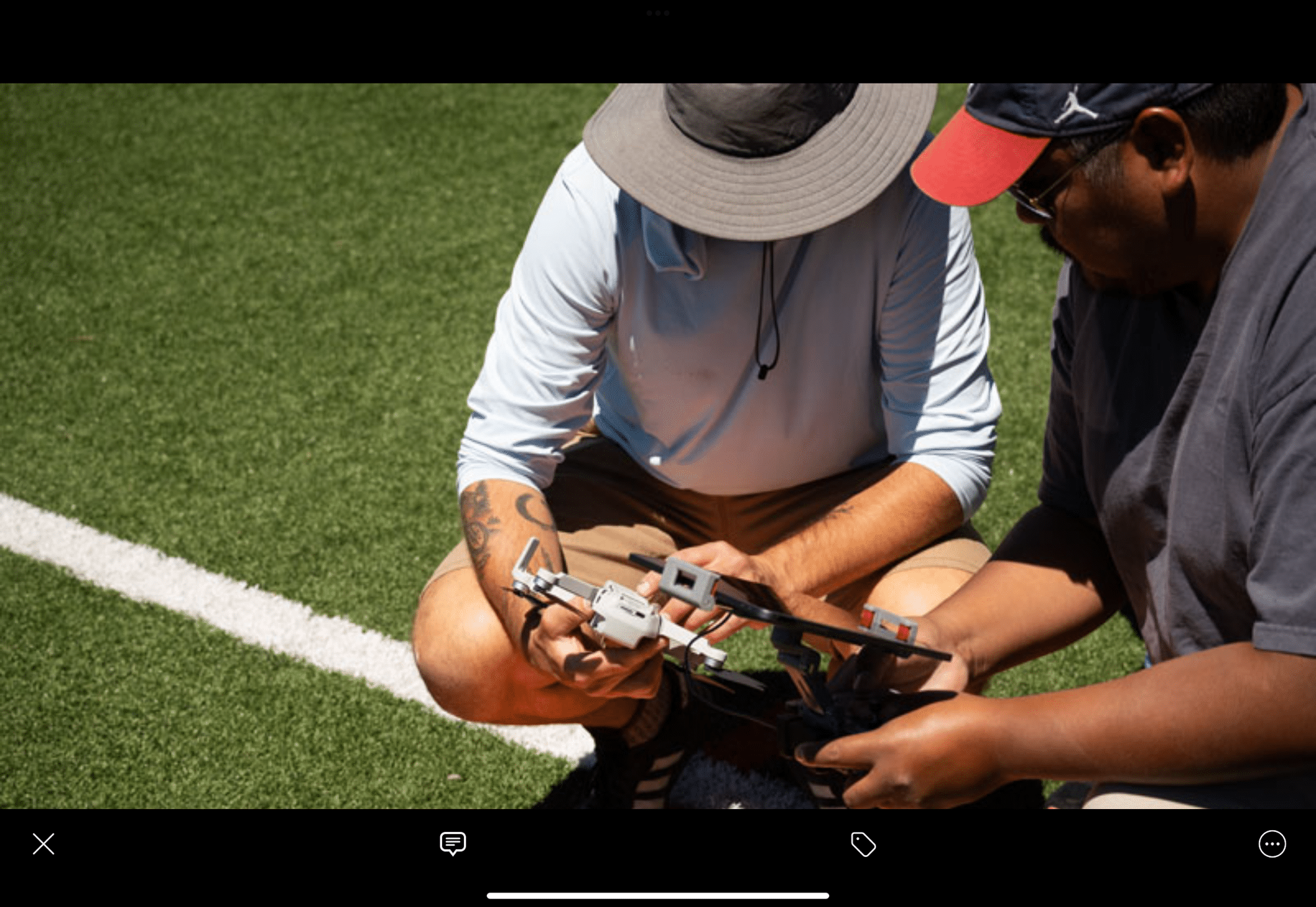
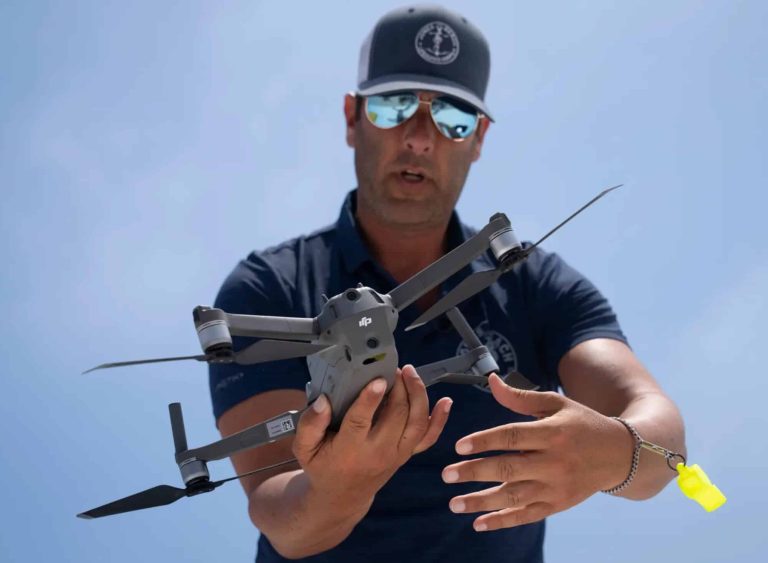

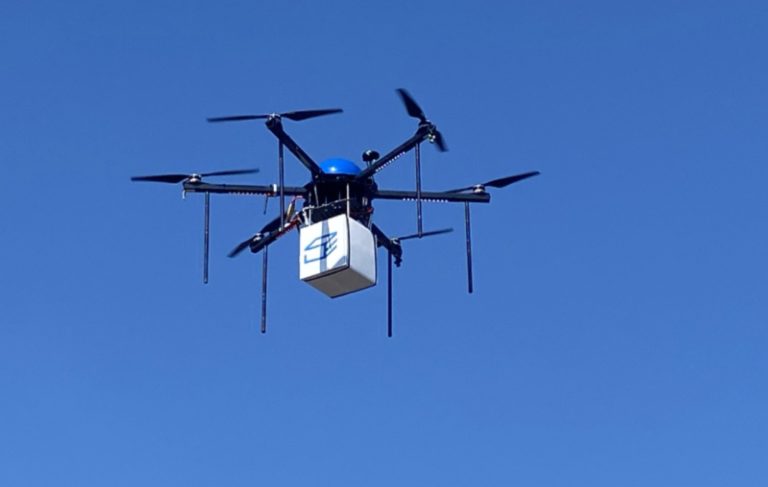
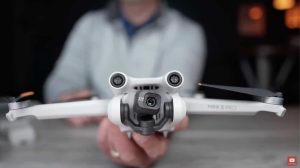
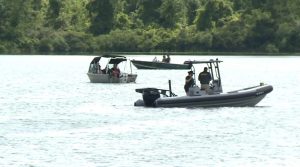

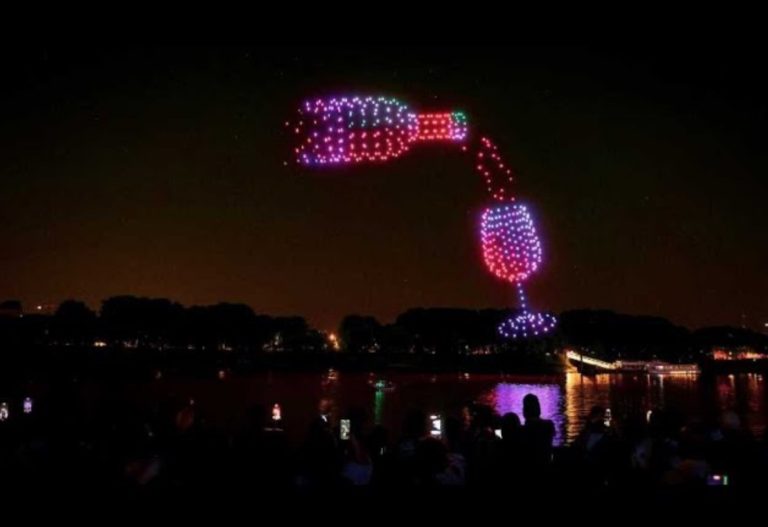
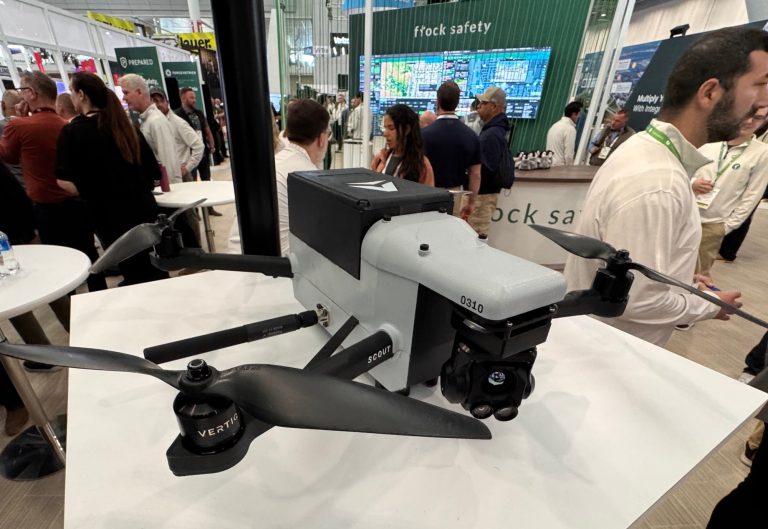

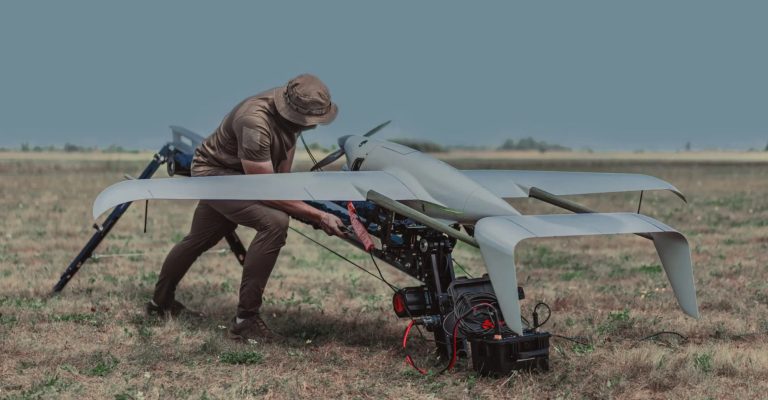
+ There are no comments
Add yours